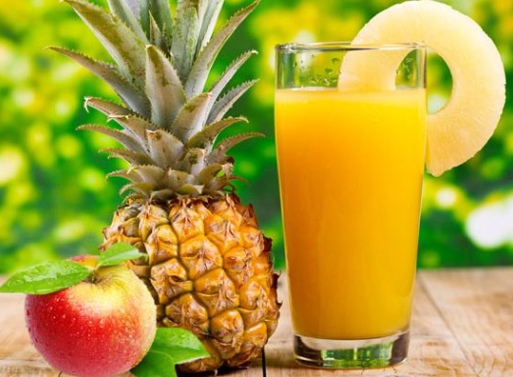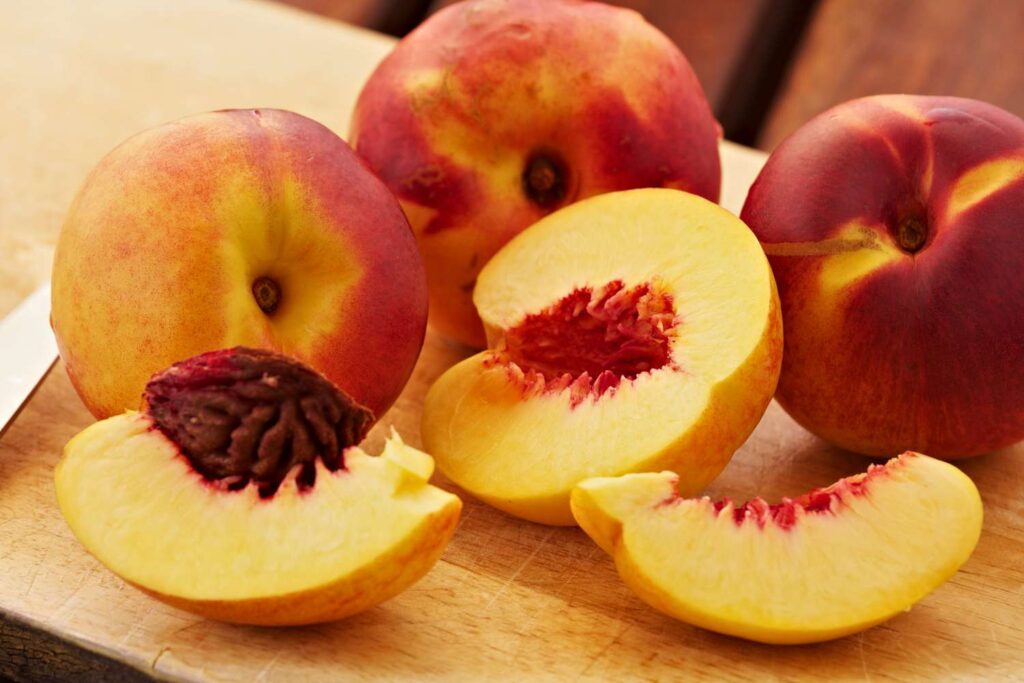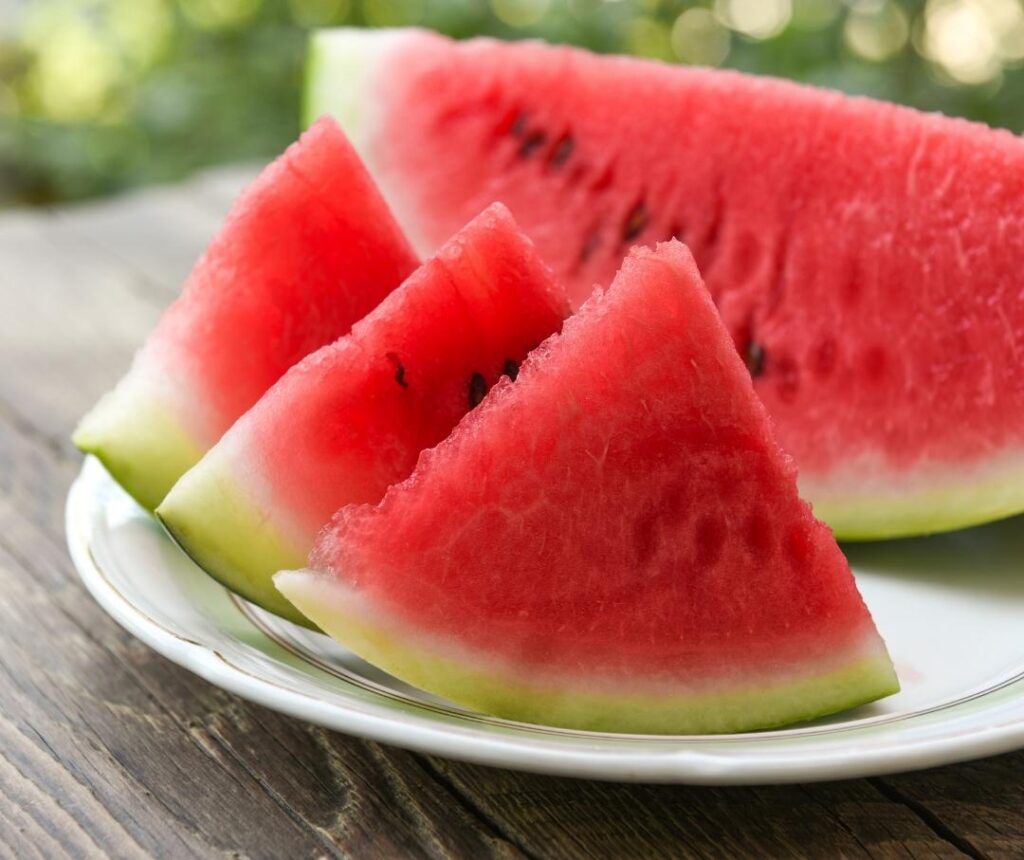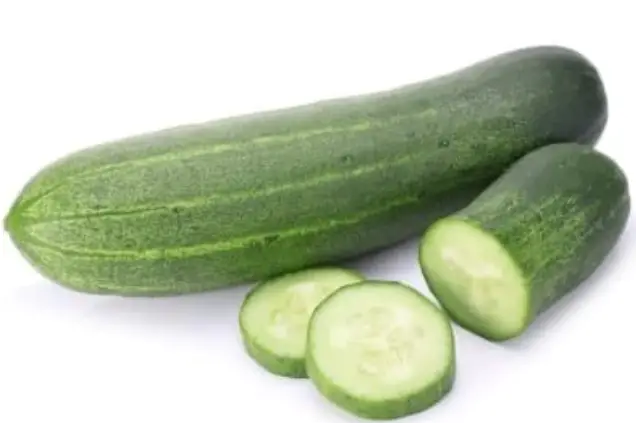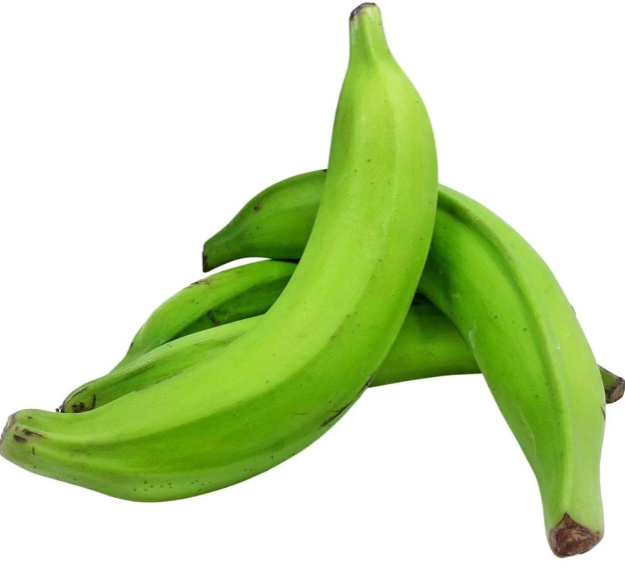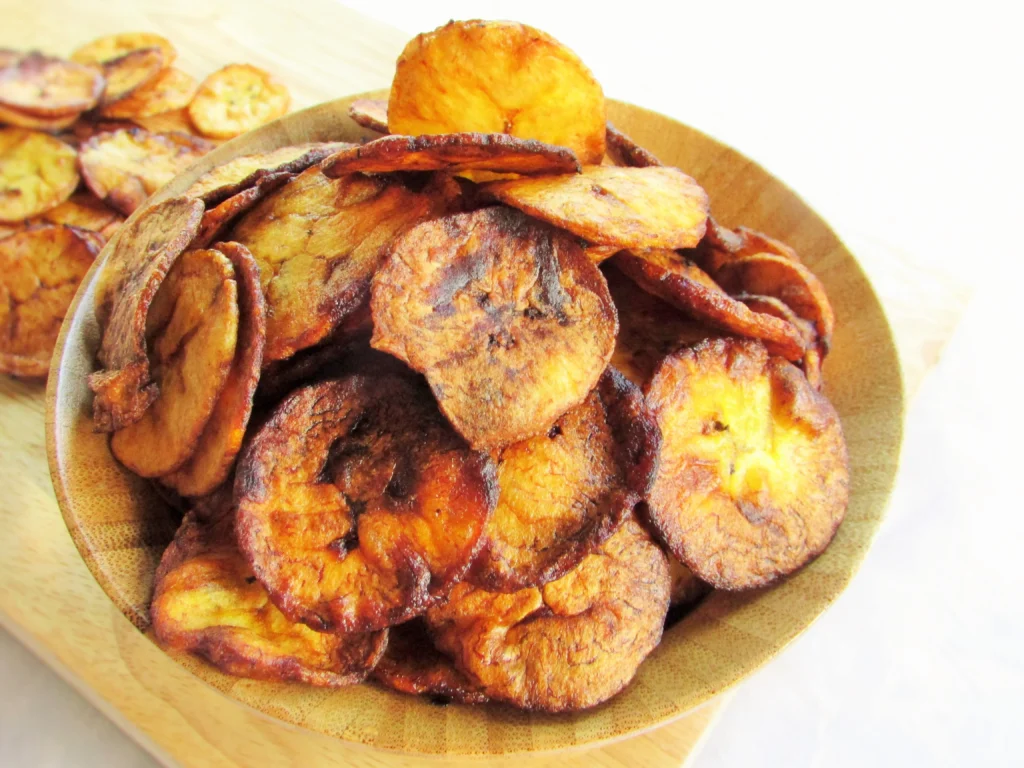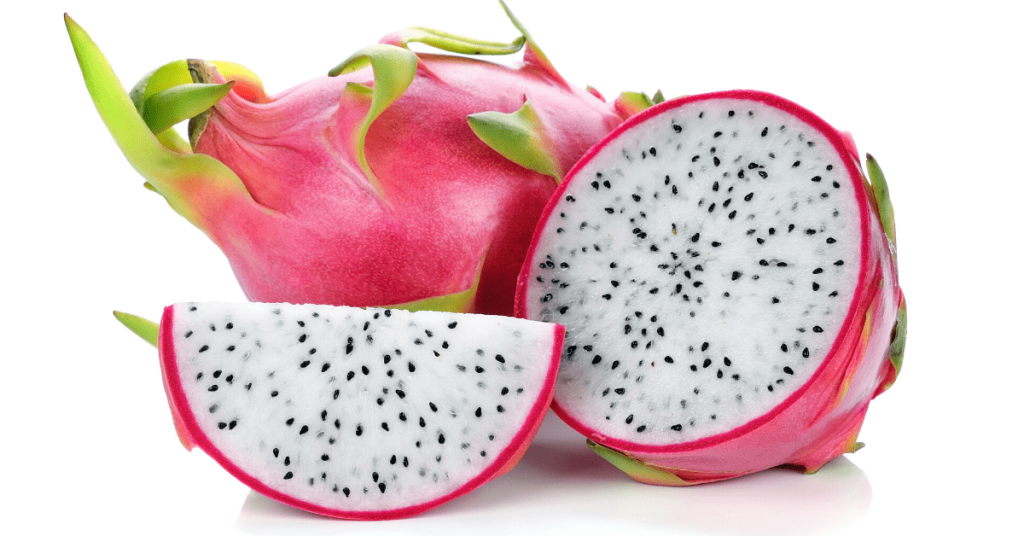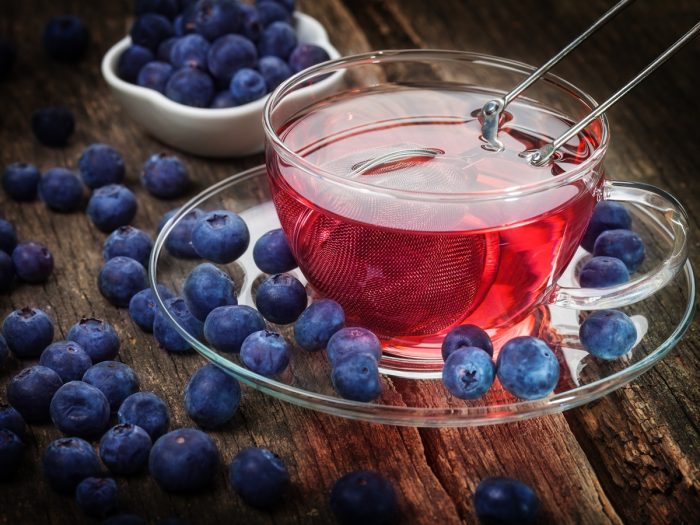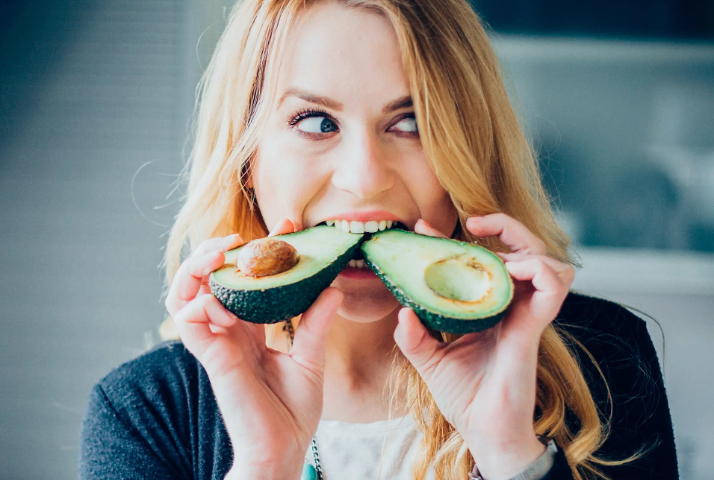If you have chickens and are thinking about different treats for them, you might consider giving them watermelon rinds. Watermelons are a tasty fruit that both people and animals love to eat. Even though we usually eat the sweet, red part of the watermelon, the green skin that wraps the fruit is also full of good stuff like nutrients and fiber. This makes people who raise chickens ask themselves, “Is it okay to feed chickens watermelon rinds?”
The quick answer is yes, chickens can safely eat watermelon rinds if you don’t give them too much. These rinds have a bit of vitamins, minerals, and antioxidants that are good for chickens. They’re also full of water, which is great for keeping chickens hydrated, especially when it’s hot.
But, you shouldn’t just feed your chickens watermelon rinds. They don’t have all the nutrients chickens need, like enough protein. You should only give them watermelon rinds once in a while as a special snack, not as their main food. When given the right way, watermelon rinds can be a healthy and refreshing treat for chickens.
Table of Contents
Nutritional Value of Watermelon Rinds for Chickens
Feeding chickens watermelon rinds is a good idea because of what’s in them. The rind isn’t as full of good stuff as the red part of the watermelon, but it still has good vitamins, minerals, and antioxidants.
Most of a watermelon rind is water – more than 90%! So, it’s a really good food for helping chickens stay full of water. Giving chickens watermelon rinds can help them keep cool and not get too thirsty when it’s hot outside.
Watermelon rinds have vitamin C, which is helpful, even though chickens can make some of this vitamin by themselves. Vitamin C helps keep chickens from getting sick and fights off harmful things in their bodies.
There are also small amounts of vitamin A, potassium, magnesium, and fiber in watermelon rinds. Vitamin A is important for helping chickens see well, grow strong bones, and lay eggs. Potassium and magnesium are good for their muscles and making sure everything works properly in their bodies. Fiber is good for their digestion.
On top of vitamins and minerals, watermelon rinds have antioxidants like lycopene and citrulline. Antioxidants protect chickens from harm inside their bodies and help reduce swelling. Lycopene is especially good for keeping chickens healthy and helping them lay eggs.
Even with all these good things, watermelon rinds don’t have some very important parts of a chicken’s diet, like the amino acids you find in protein-rich foods. So, don’t replace foods that are high in protein, like soybean meal, fish meal, and bugs, with watermelon rinds.
Serving Watermelon Rinds to Chickens
If you want to try giving your chickens a new food, it’s best to do it slowly. Start by giving them little bits of watermelon rind and see how they like it.
You can give watermelon rinds to chickens in different ways: whole, chopped up, or mashed. If you give them whole rinds, the chickens can peck and eat as they like. Cutting the rinds into smaller pieces makes it easier for littler chickens to eat. And if you mash the rinds, even baby chicks can have some.
If you’re giving your chickens whole watermelon rinds, cut off the tough, green skin first because they usually won’t eat it. Also, scrape off any remaining red, sweet part. The white part that’s left is soft enough for chickens to eat.
Make sure you don’t let chickens eat the black seeds from inside the watermelon because they don’t have much nutrition and could cause choking.
Always make sure chickens have plenty of fresh, clean water to drink when you give them snacks like watermelon rinds. The rinds have so much water in them that chickens might not feel as thirsty. Keep an eye on them to make sure they’re drinking enough.
Remember to only give chickens a small amount of watermelon rind. Treats should be a small part of what they eat each day, not more than 10%. A good amount is one or two slices of rind for each normal-size chicken, maybe two or three times every week.
If you cut watermelon rinds and don’t feed them right away, put them in the fridge. They can spoil quickly because they’re full of water. Take away any rinds that the chickens haven’t eaten within a few hours.
Potential Benefits of Watermelon Rinds for Chickens
If you don’t overdo it, feeding chickens watermelon rinds can give them quite a few good things beyond just regular food. Some of these benefits are:
- Hydration – Lots of water helps chickens stay hydrated, which is very important when it’s hot.
- Digestive health – The fiber and water in rinds can help chickens digest their food and might help if they’re a little constipated.
- Immune support – Vitamin C, lycopene, and other antioxidants can make chickens less likely to get sick.
- Egg production – Some nutrients like vitamin A, C, magnesium, and antioxidants are good for chickens that lay eggs.
- Feather and skin health – Ingredients like lycopene and vitamin A help chickens have healthy feathers and skin.
- Foraging enrichment – It’s fun for chickens to look for snacks, and they enjoy picking at treats like watermelon rinds.
- Heat stress relief – Rinds full of water can help lower a chicken’s body temperature in the heat.
- Low cost – You can use watermelon rinds that you might have thrown away, so it’s a thrifty treat.
Watermelon rinds are a well-rounded supplement for chickens with benefits like keeping them hydrated, providing important nutrients, and providing fun and enrichment.
Potential Drawbacks of Feeding Watermelon Rinds
Watermelon rinds can be good for chickens, but you should also think about a few possible downsides:
- Incomplete nutrition – Rinds don’t have all the good parts of a high-protein diet. Don’t stop giving chickens their regular food.
- High moisture content – If chickens eat too many rinds, it might make their poop runny. So, it’s best to give them just a little.
- Rapid spoilage – Rinds can go bad quickly and grow bacteria if left out for too long. Keep them cool or throw away any that aren’t eaten straight away.
- Can attract pests – The smell and juice of watermelon might bring unwanted animals or bugs. Don’t leave the rinds out for too long.
- May cause choking – Be careful with whole rinds. Make sure the chickens don’t choke on large pieces.
- They can choke on the pieces – Chunks that are too big might get stuck in their throats.
- It can block the intestines – If chickens eat too much rind, it could clog up their insides because it’s very stringy.
If you want to keep things safe, only give your chickens watermelon rinds every once in a while as a treat. Baby chicks that are less than one month old shouldn’t have any, because their tummies can’t really handle all the fiber and water in the rinds.
Watch your chickens whenever they try something new to eat. Look out for issues like loose poop or not wanting to eat, and stop giving them the new food if they seem sick.
How to Feed Watermelon Rinds to Chickens the Right Way
Here’s how you can give watermelon rinds to your chickens without any troubles:
- Start with a small amount and see how they like it
- Don’t give them more than 2 slices each, and not more than 2 or 3 times a week
- Cut off the hard green skin before giving it to them
- Take the seeds out
- Put leftover rinds in the fridge right away
- If they don’t eat it all quickly, throw it out after a few hours
- For younger chickens, cut the rinds into smaller bits
- Make sure they’re eating their regular protein-rich feed too
- Don’t let rinds be the only thing they eat
- Always keep an eye on them when they’re eating rinds to prevent choking
- Steer clear of rinds that have gone bad or have mold on them
Chickens can really enjoy munching on watermelon rinds in warm weather if you give it to them the right way. It’s a refreshing and healthy extra that they’ll love, as long as you don’t overdo it.
Watermelon rinds are a good, healthy snack for chickens in the summertime if you feed it to them the right way, making sure their regular food is still the main thing they eat. Being careful and following some easy rules can help you use these juicy scraps that your chickens will be happy to gobble up.
In Summary
Yes, chickens can eat watermelon rind, and it’s good for them in different ways, like making their food more exciting and adding healthy stuff to their diet.
Just make sure you’re safe about it by picking organic watermelons or washing the regular ones very well before you give it to them. Giving them watermelon rind in small enough pieces and not overfeeding them will help make sure they can enjoy this treat without any of the bad stuff like getting choked or clogged up inside.
